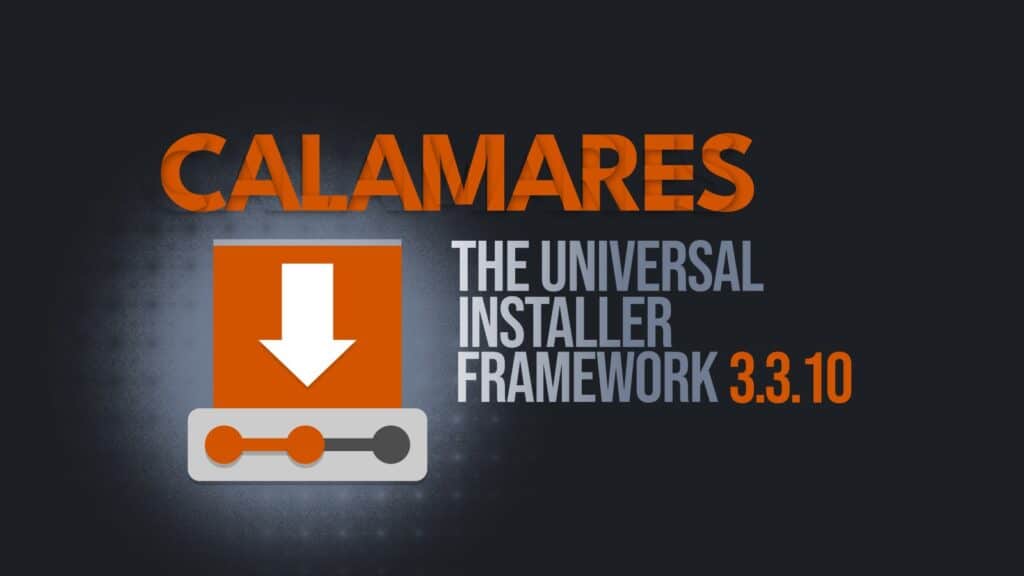Over two months after its previous 3.3.9 release, Calamares, the popular Linux installer framework, rolls out version 3.3.10, bringing improvements across several modules.
The most notable change is the expanded support for permission strings. Previously, Calamares only accepted octal formats, such as “755”. Now, users can specify permissions using “rwx”-style strings, just like how they appear when using the ls command.
The update also includes several enhancements across different modules:
- Keyboard Module: The summary messages that previously had unusual formatting have been repaired. Additionally, the module can now update KDE Plasma configurations in Wayland.
- Locale Module: Similar to the keyboard module, the locale module received fixes for summary message formatting issues.
- Partition Module: Aaron Rainbolt contributed to fixing the unwanted behavior associated with the encryption checkbox, making the partitioning process smoother.
- Umount Module: Evan James worked on ensuring that the root filesystem of the target system is correctly unmounted during installation, helping to prevent potential errors.
- Users Module: The users module now supports a new
home_permissionssetting, allowing users to override the distribution’s defaultuseraddconfiguration forumask. Permissions can be set using both octal and “rwx”-style formats, providing added flexibility. - Welcome Module: The welcome screen now follows the system styling colors, including supporting Dark Mode, which enhances the visual experience for users who prefer dark themes.
For more information on all changes in Calamares 3.3.10, refer to the official announcement. The new release and its source code can be downloaded from GitHub’s project page.
